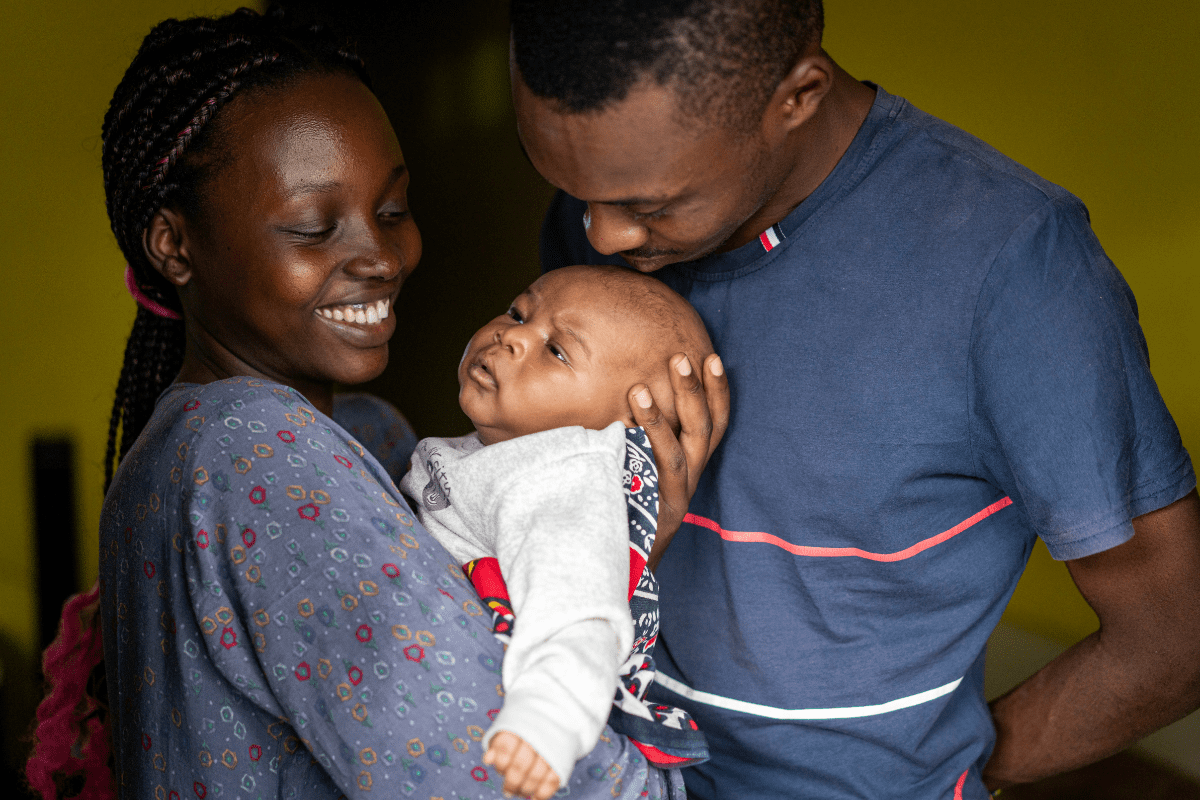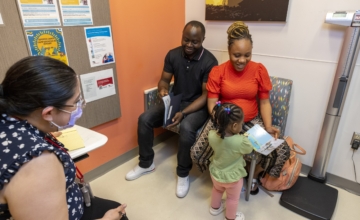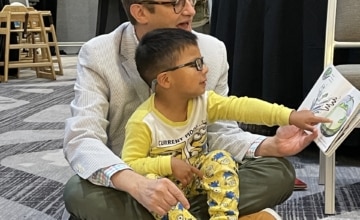Too often, the policymaking process fails to authentically include those who are most directly impacted by policies designed to serve infants, toddlers and their families. Centering their voices in policy design, advocacy and implementation results in policies that are more reflective of the needs of children and families — and therefore more effective. Recognizing the expertise of families based on their lived experience and providing the resources and support to enable them to participate fully in the policymaking process are critical components of effective efforts to disrupt systemic racism and advance equity through improved policies for babies and their families. This brief provides an overview of strategies for engaging families in the policy change process.

Resource
Supporting Young Children Affected by Family Separation Policies
This resource center is designed for early childhood development professionals working with families affected by deportation, forced separation, or the challenges of mixed-status households.
Details



